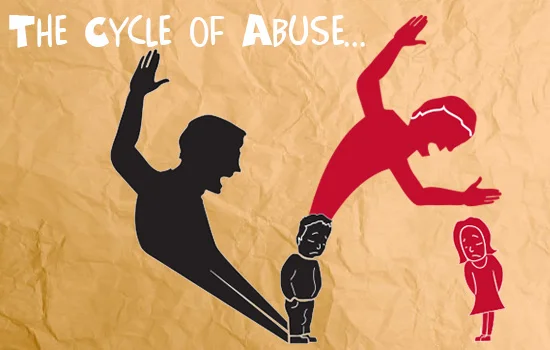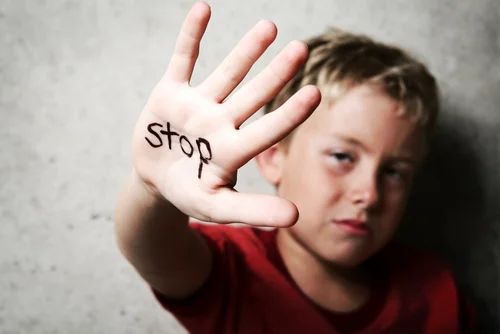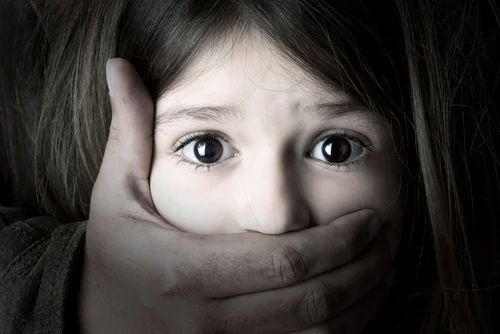+1 845 259 2974 (11 a.m to 7 p.m CST)
Effects of Alcoholism on Families

Alcohol abuse like drug addiction is on the rise yet again. The alarming increase was especially noticed during the economic recession of 2010 when hard working citizens had to lose their homes and jobs. According to The National Institute on Alcohol Abuse and Alcoholism, as of now close to 50% of the population living in the US have a close family member struggling with alcoholism. Alcohol dependency can have severe consequences for an addict. Research indicates that alcohol abuse does not just impact the health of the addict but can also cause brutal psychological and emotional trauma. What’s worse is that the family members of the abuser may have to endure incidences of physical confrontation and harassment stemming from an addiction which enhances underlying anger.
Several researches have been carried out over the years to highlight how addiction affects families. Between verbal and physical abuse the victims have to bear witness to their loved ones succumb to alcohol addiction and in the process lose their self esteem. Here’s a look at some of the most frequently affected individuals:
The Better Half
Alcohol abuse is among the most frequent causes of divorce in the US. The addicts frequently indulge in heated arguments with their spouses and/or partners which usually end in physical confrontation. These encounters lead to health issues and significant mental trauma for both parties involved. Alcoholism affects family life in a very real way.
In case of married couples, the non-drinking partner tends to take on a more controlling role as the addiction of the abuser worsens. This leads to feelings of exhaustion, doubt, self-pity and resentment and greatly diminishes any chances of finding an effective countermeasure to the problem by meaningful communication. The addict experiences reduced sexual desire and an increase in feelings of distress and frustration. Household finances and savings take a significant hit as the money is continuously being used to either buy alcohol or to seek rehabilitation.
The child side
Constantly observing alcohol dependency and violent behavior by their parents as a result can lead children to experience harsh side effects. These may include feelings of anxiety, despair, low self-esteem, loneliness along with chronic depression. Children whose parents suffer from alcohol abuse struggle to socialize in school and maintain a competitive grade in class. Once they have grown up the impact alcohol abuse had on them during childhood might still be visible. According to statistics fewer children of alcoholics apply for higher education once they complete high school. As adults they might struggle to build healthy relationships which can especially affect their work life. Failures accumulated at work decrease morale which further damages social and family lives.
That which hasn't arrived
There is a reason why physicians strongly suggest pregnant women to avoid alcohol at all cost. A minor intake of alcohol during maternity can cause great harm to the fetus let alone habitual drinking. The likelihood of Fetal Alcohol Syndrome or FAS as it is commonly known increases drastically with consistent consumption of alcohol during pregnancy which causes irrevocable mental and physical defects in babies. According to the National Council on Alcoholism and Drug Dependence, FAS is reported in 5000 babies each year. Furthermore, an additional 35000 babies were born with milder damage from alcohol addiction.
Alcoholism affects families: Is there help?
Treating alcohol addiction is a long and a complex procedure. Even if therapy is successful for the addict the impacted family members might require additional counseling to overcome the affects of physical and verbal abuse. In some cases women are encouraged to take their kids and leave. Refuge centers are in place for women to hide out.
Healthcare professionals recommend a comprehensive treatment plans to completely eliminate alcohol addiction from its roots. Treatment can be in the form of interventions, in and outpatient programs, support groups and psycho social therapy.























